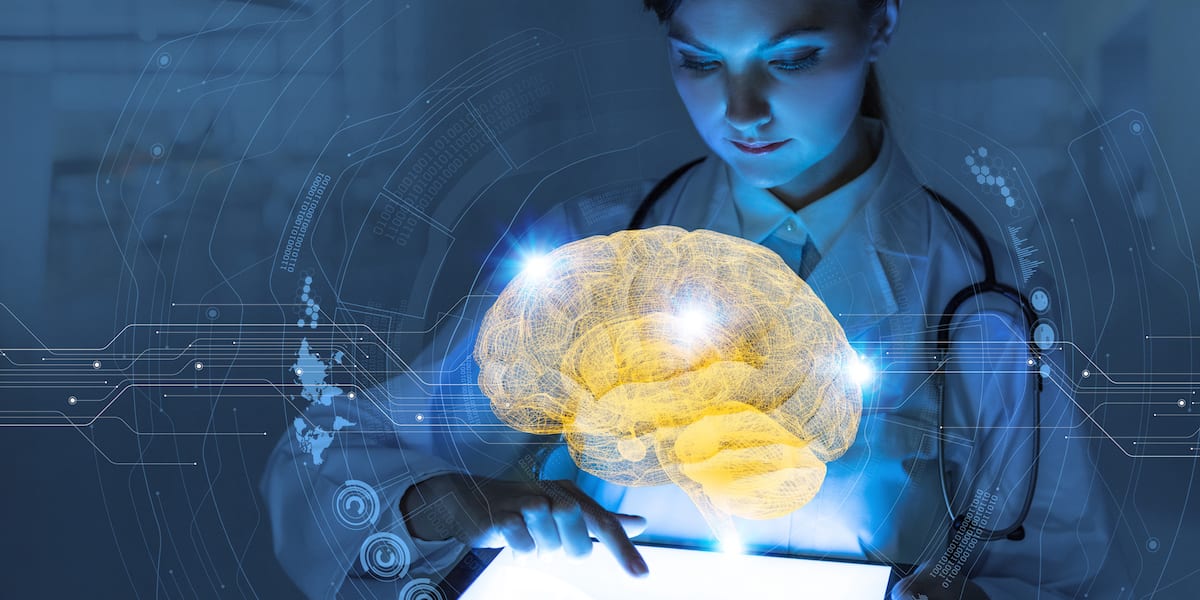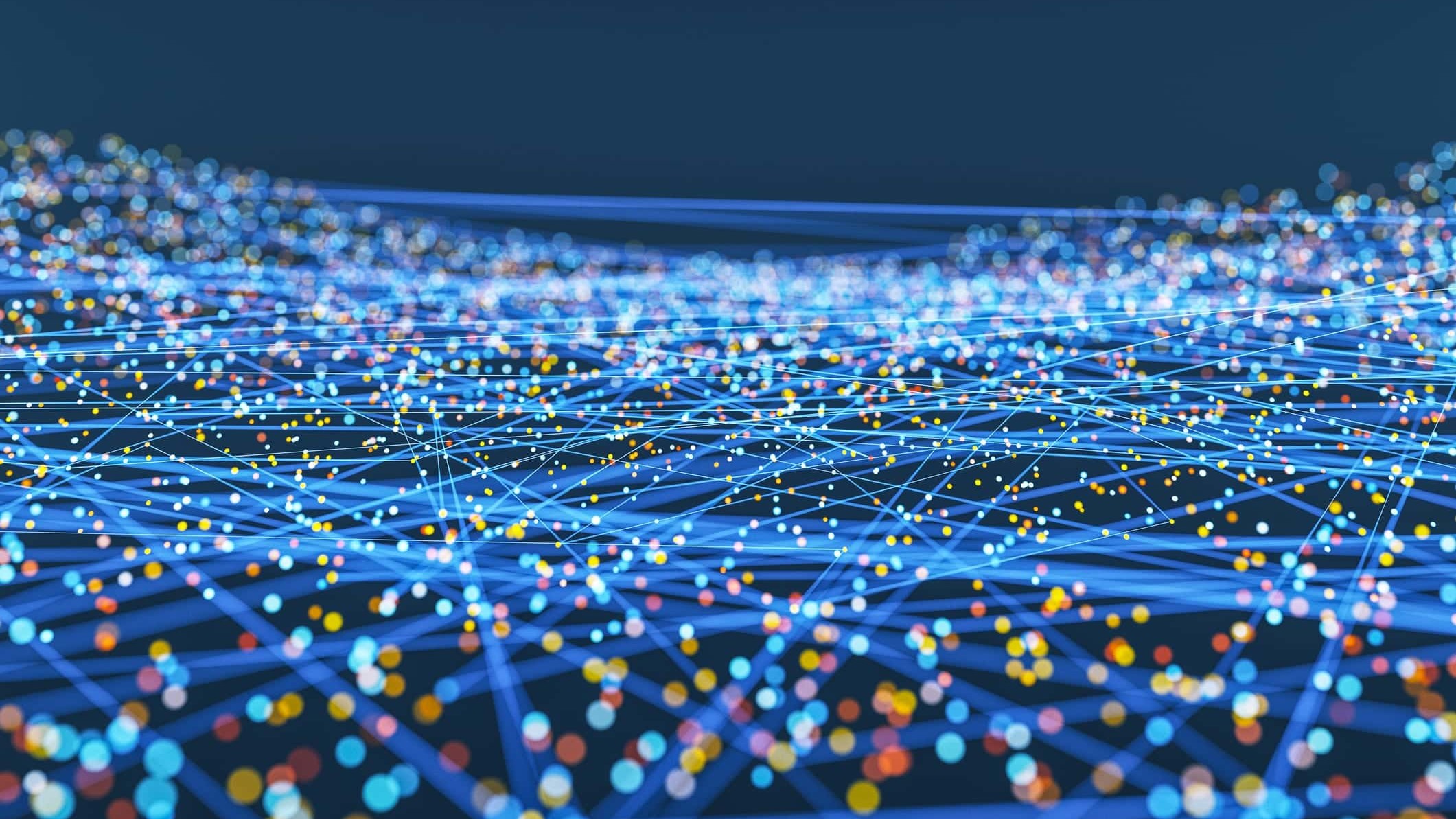Vinod Khosla, a prominent Silicon-Valley investor, made waves when he published a blog post postulating that technology could one day manage 80 percent of what doctors do today.
As an investor in the space, he now maintains that artificial intelligence will usher in this new era.
While we’re a long way off from Khosla’s prediction, AI has reached a point of inflection, where computing power is suddenly strong enough to support the kinds of programs we previously only dreamed up in comic books and movies.
It’s hard to say exactly how AI will change a physician’s day-to-day job, but we do know it’s coming. In 10 or 15 years, your doctor office visit will be different than it is today, in large part due to the role AI will play.
Here are some of the key ways artificial intelligence will disrupt and change physicians’ lives in the not-too-distant future:
Paperwork
It might not sound exciting, but tell any family doctor that you’ve invented an AI program that will take care of all their paperwork for them and watch their reaction. If you’ve never seen what pure joy looks like, you surely will.
Doctors spend over two-thirds of their time on paperwork, according to Forbes. This might range from filing the necessary paperwork to ensure payment from insurance companies, filling in patient data or, for private practices, simply paying bills like the rest of us.
The drudgery of paperwork is not what most physicians went to medical school for, and probably not what you want on your doctor’s mind when they come to see you. Doctors consistently express their desire to spend more time with patients, and freeing them up from paperwork is likely to grant that wish.
Last year, JPMorgan demonstrated a program that took only seconds to perform what would have taken 360,000 human hours to complete. Imagine the time-savings for healthcare professionals currently bogged down with complicated processes and outdated systems.
Diagnosis
For anyone who’s been through the process, they know that diagnosing an illness isn’t always a straightforward proposition.
Patients often have to see multiple doctors and specialists, and it’s not uncommon to receive conflicting recommendations in the process. A definitive diagnosis can often become unattainable for some medical issues.
There’s a reason it became cliché to talk about getting a second opinion.
Artificial intelligence holds the potential to eliminate diagnostic uncertainty and empower the patient to receive one diagnosis, one time. In fact, many physicians are already beginning to utilize AI technology in the diagnostic process.
Software which can automatically read electrocardiography results, or ECG/EKGs, is becoming more and more common in cardiologist offices. The software can already determine whether a patient’s heart rhythms are in normal ranges with fractions of a second, automatically alerting the doctor if it senses a problem. And machine-learning algorithms have shown that they are actually better than humans at reading EKGs.
A few months ago, the FDA approved AI technology that can identify diabetic retinopathy, an eye disease that afflicts people with diabetes. No need for a specialist or anyone with a medical degree: with minimal training any healthcare professional can use a special camera to take a picture which is then analyzed by an algorithm. Eventually more of these tools could make diagnosis a simplified process.
While this might make some physicians feel anxious, it’s nothing to be afraid of. AI will never replace doctors, but if it is able to help doctors make accurate diagnoses, they are freed up to focus on creating treatment plans and working closely with patients to ensure improved health outcomes.
AI is a powerful new tool in a doctor’s toolbox that promises massive value for both the physician and patient, especially when it comes to diagnosing illness.
Suggested Reading:
Decision making
AI is going to give doctors a lot more free time. This means they can focus on what we all look to them for: decision making.
Treatment plans must be individualized, and some might argue that this is the best use of a doctor’s skills. Drawing on their expertise and experience, doctors will be able to spend most of their time thinking about how to help patients, rather than trudging their way through paperwork and processes which serve only to distract them.
And while artificial intelligence might be able to tell you what you have, it’s still up to physicians to determine the best treatment plan and next course of action. One MD writes for STAT that, “The human body is such a complex and dynamic entity — each one unique in its own way — that medicine will never become a mathematical problem in which data can be crunched to produce the single right answer.”
There is no one right answer that can apply to the billions of people on this planet when it comes to healthcare. But, AI can certainly aid inform and improve the process drastically.
Does that mean 80 percent of what doctors do now will be performed by AI? We don’t know yet, but if it allows doctors to focus on the things they went to medical school for, we’re in favor of seeing where it takes us.
Related posts:
· How to spark innovation in healthcare
· Will artificial intelligence really take all our jobs?


